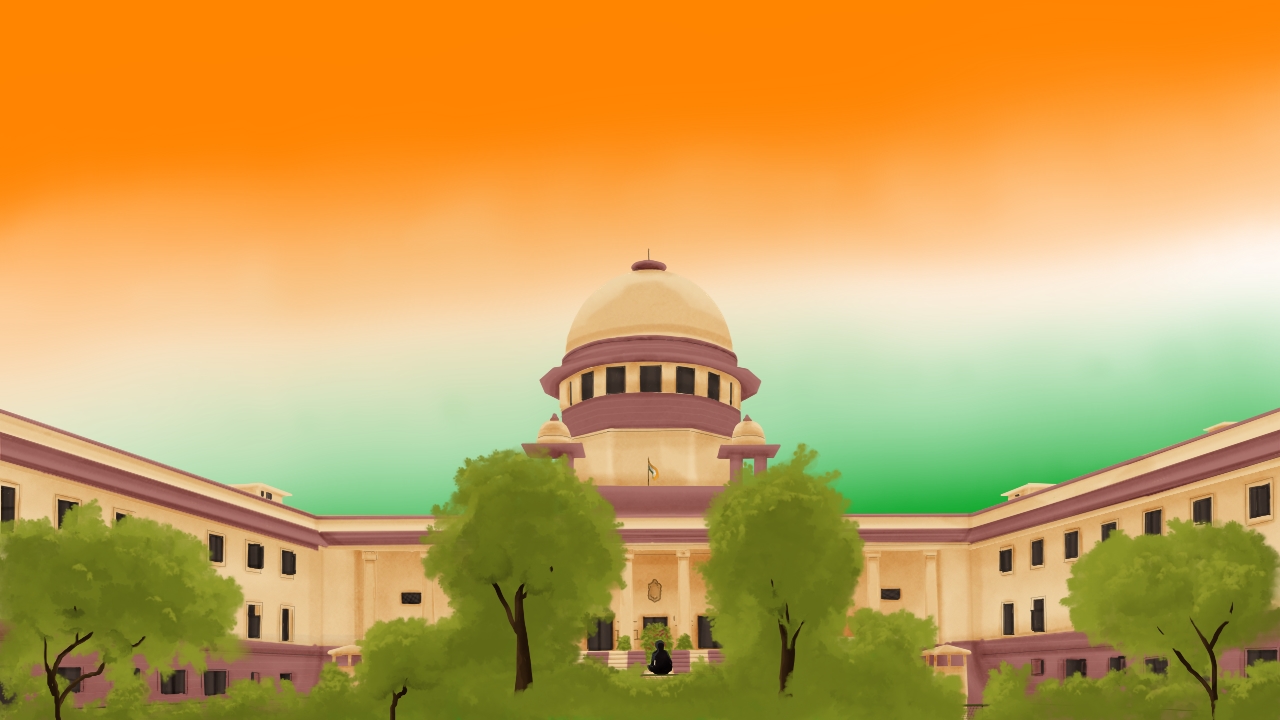Supreme Court Issues Notice In Plea Seeking Handing Over Of Checks And Balances On Operators For Violators of 'Programme Code' To Private Body

The Supreme Court has issued notice in a plea seeking handing over of checks and balances on operators for violations to the Program Code, to private bodies, claiming that the Government is unable to handle the transgressions.
A bench of Chief Justice SA Bobde, Justices AS Bopanna & V. Ramasubramaniun issued notice in the plea seeking expeditious disposal of complaints by private bodies, in case a complaint is received against an operator for alleged violations viz. the Programme Code.
The plea seeks issuance of appropriate guidelines outlining the broad regulatory paradigm within which media houses, i.e., broadcasters and electronic media, can exercise their rights under Article 19(1), so as to judicially regulate the same.
"The instant petition also prays for the establishment of an independent, regulatory Tribunal/judicial-body, known as “Media Tribunal,‟” to hear and expeditiously adjudicate upon complaint petitions against the Media-Businesses filed by the viewers/citizens," it states.
Further, it seeks that the court direct formulation of a High Powered Committee consisting of distinguished citizens from different fields/professions and concerned stake holders of the Official Respondents to scrutinize and review the entire legal framework relating to Media-Business regulation and recommend appropriate guidelines following which the recommendations be received and appropriate guidelines for regulation be put forth.
Recently, the Bombay High Court passed a comprehensive judgment rendering private regulatory bodies such as NBSA & NBF toothless and nugatory, while stating that the Centre would be be the authority to tackle complaints against the operators.
The High Court had observed that, Section 5 of the Cable Televisions Networks Act, 1995 prescribes that every TV News Channel that is registered under the Act, must follow the “Programme Code” while broadcasting any news on its Channel on the cable network.
In this context, in terms of section 20 of the Act, the Court held that when the Central Government considers, that a programme of any channel is not in conformity with the prescribed Programme Code, it has the power to prohibit its operation. On the question of Uplinking and down-linking of TV channels in India, Court ruled that when any telecast is likely to disturb public tranquility, it is sufficient to prohibit transmission of a certain programme in public interest.
In this context, Court further directed that every complaint which would be made on the contents of any programme on any television channel, either to the authorised officer or the Central Government in regard to violation of the Programme Code, shall be dealt with in a manner as provided under the CTVN Act and immediate action shall be taken thereon, without involvement of any private bodies like NBSA or NBF. So, in effect, these private regulatory bodies have been rendered toothless in dealing with complaints with respect to the Programme Code.
The Court found that, the regime of self-regulation by the media channels by forming the NBA and the NBF does exist. However, these are private bodies formed by the news channels themselves. It was also found that, only 26 broadcasters representing 77 media channels are members of the NBA and about 60 channels are members of the NBF. That there are large number of TV News channels about 1500 of them that operate in India, which are neither the members of the NBA/the NBF and hence, are not bound by any rules and regulations or Code of Conduct prescribed by these private bodies.
